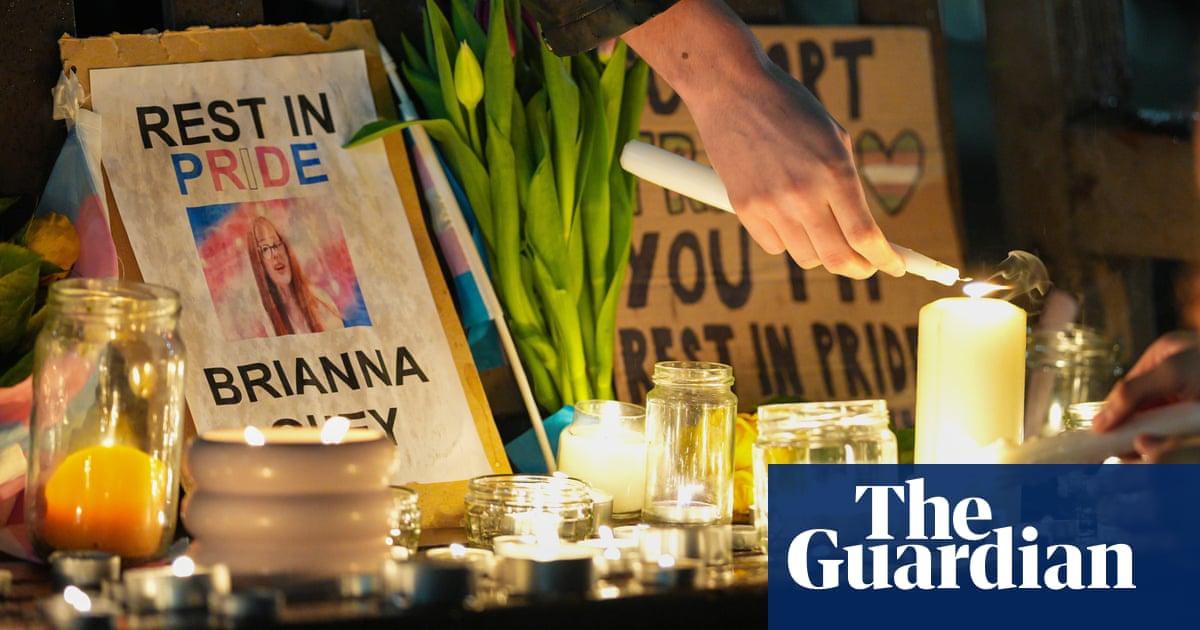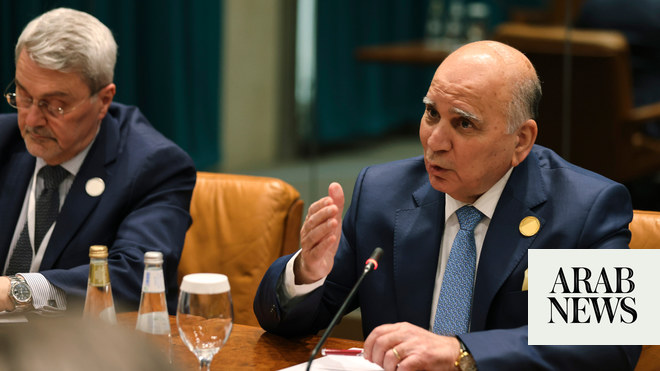
Of the many novels I have read over the years, none left me with a literal sick to the stomach feeling like Afghan-American writer Khaled Hosseini’s The Kite Runner. For those who have read the bestselling novel (or watched the movie based on it), I am certain that you have felt the same way. For those who haven’t, the novel tells the tale of Amir, a young boy from the Wazir Akbar Khan district of Kabul, whose closest friend is Hassan. The story is set against a backdrop of real-life events, including the fall of Afghanistan’s monarchy, the migration of refugees to Pakistan and the US, and the rise of the Taliban. In a pivotal scene, the novel depicts an act of sexual assault against an 11-year-old character by another boy who is a couple of years his senior. It is near-impossible to read that part of the book and not feel utterly shattered and horrified.
Unfortunately, sexual assaults against children happen all too often; not in novels, but all over the real world.
In 2009, news of the horrific rape and murder of a four-year old boy named Mousa on the first day of Eid Al-Adha by a fisherman in a mosque washroom in Dubai rocked the entire country. The criminal, who would be known throughout his trial as “the Eid Monster,” committed this vile and vicious act on a holy day, in a holy place and against an innocent child.
Seven years later, another rape and murder case caused massive public outrage in the UAE. This time it was an eight-year old, Obaida, who was kidnapped, raped and brutally murdered by a 50-year old man who was an acquaintance of the young boy’s family.
These horrific events signify that, as parents and communities, we need to be aware of the fact that children are vulnerable to abuse no matter the time, place or the people they are around.
The consequences of sexual abuse can be severe, including depression, anxiety, suicidal thoughts and actions, and even physical health problems. The responsibility of protecting children against such threats falls on all of us: Parents, families, teachers, communities and governments. The question is how can we do that?
Firstly, although it is often still taboo in this and many other parts of the world, it is important for us to name body parts and talk about them very early with our children. Teaching children the proper names for body parts can help them talk clearly if something inappropriate has happened, while making it easier for adults to understand precisely what took place.
Children as young as two also need to understand that some body parts are private, and not for everyone to see or touch. Children must know that only certain people, such as their parents, can see them without their clothes, while others, like doctors or the nanny, can too but only if their mother or father are there with them. Tell your child that no one should touch their private parts and that no one should ask them to touch somebody else’s private parts.
Thirdly, parents should set a time every day to talk to their children about how their day went. Not only does creating this family ritual build better relationships between children and their parents and enhance communication between them, it also allows parents to gauge their children’s mood and overall state. If a child is suddenly not interested in talking about their day or seems to have changed somehow, it is easier to sense it if you have something to compare it to.
We need to be aware of the fact that children are vulnerable to abuse no matter the time, place or the people they are around.
Maria Hanif Al-Qassim
Perpetrators usually resort to instilling fear and/or shame in young children to get them to stay silent about abusive acts, so parents should make their children feel safe. They must feel safe talking to you about anything that they go through, and they must be constantly assured that you will always believe them, protect them and stand by them. It is important for parents and other adults to understand that some abused children actually feel more anger toward non-abusive adults who did not believe them or did not speak up and ensure their safety than toward the person who actually hurt them.
The fifth thing we can do is to practice common sense. Until you are confident that your child can confidently communicate with you, do not leave them unsupervised with older children or adults (even if they are relatives or friends). Take advantage of modern technology and install nanny cameras around your house, and make sure their daycare centers and schools are diligent when it comes to children’s safety. Do not let anyone accompany your children to restrooms or changing rooms. Do not let them get into a car with a driver even if they are accompanied by a nanny but, if you must, call the driver and nanny every few minutes until your child arrives safely at their destination. If you ever have to leave your child in the care of a family member, with a nanny or even in school, make it a point to occasionally drop by unannounced to send a clear message that you do not blindly trust anyone with your child.
Next, we should always monitor our children’s online activity. In a world where social media is accessible by kids as young as four through tablets, smartphones and other devices, it is crucial that parents monitor their activity in cyberspace. They should also ensure children understand that privacy is important, especially when it comes to pictures of their bodies.
We should also teach children the basics of self-defense. In every city, there are countless centers that offer self-defense classes for children, while many schools also offer them as part of their physical education or extracurricular activities. Self-defense not only allows children to tangibly defend themselves against physical attacks, it also empowers them, helps them deal with bullying in school and arms them with important values and principles, such as hard work, dedication and perseverance.
The final advice I will offer is to seek professional help if something does happen. As parents, we try our best to keep our children safe from all forms of abuse. Unfortunately, there is only so much we can do and sometimes they can still become victims despite our best efforts. If, God forbid, you find out that a child has been the victim of abuse, seek professional help to handle the situation. While it is horrific and traumatizing for a child to experience such things, they can get through it with the proper help. More importantly, report any incident of abuse toward children to the relevant authorities to help keep other children safe, and to demonstrate to your child that they can count on you to stand up for them and hold abusers accountable.
Keeping children safe is our responsibility as parents, and as part of a community. We must not shy away from having open discussions about how we can practically ensure children’s safety and well-being. More importantly, we must raise their awareness about the dangers that loom both in the real and virtual worlds, and arm them with the skills they need to protect themselves.












